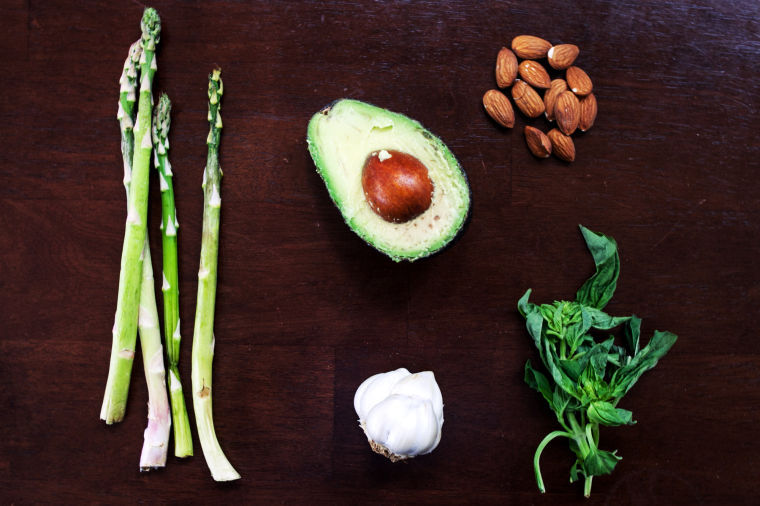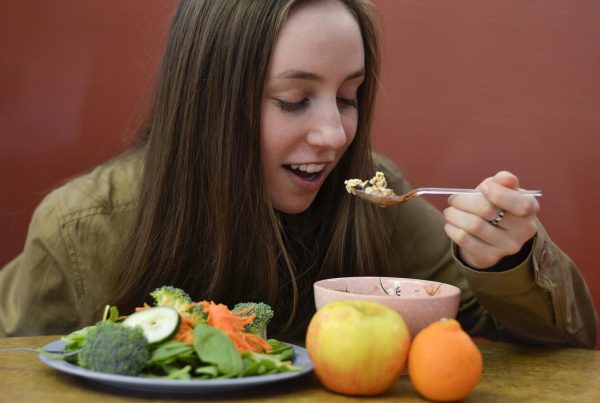Food for the mood
March 7, 2014
Aphrodisiacs are like condiments: they don’t work on their own. A bowl of ketchup won’t pass for tomato soup and gulping chocolate-coated oysters with chili and truffle crumbles will not guarantee a romantic evening. But food does have some interesting connections to human sexuality, and careful attention to culinary detail might reward the amorous chef.
Aphrodisiacs are foods said to include erotic side effects, ranging from male potency to female productivity and increased enjoyment for everybody involved.
Human cultures have celebrated a wide variety of ingredients and meals as effective aphrodisiacs. However, few of these claims have been scientifically proven.
Chocolate has gained a reputation for inducing pleasurable feelings and encouraging sex, but scientists remain up in the air regarding the truthfulness of this claim.
While phenylethylamine, a chemical found in pure chocolate, is linked to the pleasure levels in the brain, other research has found chocolate doesn’t contain enough of it to affect humans. According to a study published in 2006 in the Journal of Sexual Medicine, chocolate did not alter the sexual arousal or satisfaction of women in the study.
Many foods considered stimulating are simply shaped like human sexual organs, including the phallic (bananas, carrots, asparagus, etc.), the yonic (oysters, peaches, papayas), or the mammary (melons, grapefruits, pears).
Humans are visually-orientated animals with minds susceptible to suggestive images, but these foods have not been proven to chemically increase libido.
Early love doctors also made the logical conclusion that sexual organs of other animals must contain libidinous properties, and so emerged recipes like Jamaica’s bull penis soup, a fertilized duck egg from the Philippines, and cowboy caviar (raw calf testicles). Cooking usually removes any chemical effect these dishes might have, and the origin of the ingredients is often unappetizing.
The liquid courage effect of alcohol is incorrectly considered an aphrodisiac. While it might help spark a conversation if you can still speak legibly, alcohol has been scientifically proven to negatively affect sexual performance. It hampers sensation and thins the blood, reducing circulation, which is considered crucial for many acts of lovemaking.
There are several alleged aphrodisiacs that rely on chemical reactions, including various barks, ground-up beetles, and whale oil. Some scientific studies have found these could be natural solutions to erectile dysfunction and maybe even cases of low libido in humans. But incorporating these ingredients into a meal is expensive, complicated and ethically questionable.
Fortunately, good cooking is seductive by itself. Eroticism is a state of mind through which all senses and the brain are stimulated, according to Marilyn E. Ravicz, author of a book on erotic cuisine.
Discovering what a person’s favorite flavor or dishes are and making it by hand can have deep psychological effects. Instead of trying to trick someone into sex using ground beetles, use spices and flavors like the notes of a ballad to woo your intended.





















